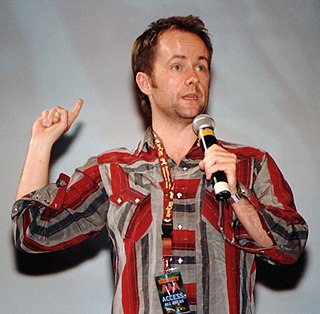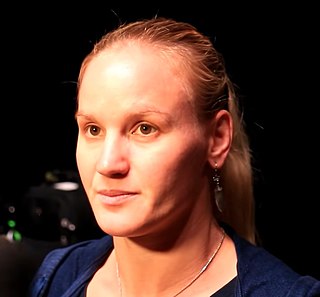A Quote by Lily Cole
The narrative of so many fairy tales are timeless in so many different cultures, and they have been since the dawn of man. They represent escapism, but they all feature themes that have such poignancy in a modern world.
Related Quotes
I wasn't into Tolkien at school really. But the story is timeless, the themes that it touches on are contained in cultures all around the world. The innocent on a quest, the pretender, an inanimate object that holds evil - it's really strange that these themes are there in so many different countries' folklore.
I have been writing fairy tales for as long as I can remember. Not much has changed in terms of my natural attraction to the narrative techniques of fairy tales. My appreciation of them in the traditional stories has deepened, especially of flat and unadorned language, intuitive logic, abstraction, and everyday magic.
[Fairy tales] are like a journey to the woods and the many ways you can get lost. Some people say it's not a good idea to read fairy tales to anyone under the age of eight because they are brutal and raw. When I was a kid I often felt that kids's books were speaking down to me, but I never felt that way about fairy tales. They are bloody and scary, but so is life.
Fairy tales have always been about getting through the worst of everything, the darkest and the deepest and the bloodiest of events. They are about surviving, and what you look like when you emerge from the trial. The reason we keep telling fairy tales over and over, that we need to keep telling them, is that the trials change. So the stories change too, and the heroines and villains and magical objects, to keep them true. Fairy tales are the closets where the world keeps its skeletons.
Folk-lore means that the soul is sane, but that the universe is wild and full of marvels. Realism means that the world is dull and full of routine, but that the soul is sick and screaming. The problem of the fairy tale is: what will a healthy man do with a fantastic world? The problems of the modern novel is: what will a madman do with a dull world? In the fairy tales the cosmos goes mad; but the hero does not go mad. In the modern novels the hero is mad before the book begins, and suffers from the harsh steadiness and cruel sanity of the cosmos.
Though now we think of fairy tales as stories intended for very young children, this is a relatively modern idea. In the oral tradition, magical stories were enjoyed by listeners young and old alike, while literary fairy tales (including most of the tales that are best known today) were published primarily for adult readers until the 19th century.
One of my heroes, G.K. Chesterton, said, "The old fairy tales endure forever. The old fairy tale makes the hero a normal human boy; it is his adventures that are startling; they startle him because he is normal." Discovering that the modern world can still contain the wonder and strangeness of a fairy tale is part of what my novels are about.


































